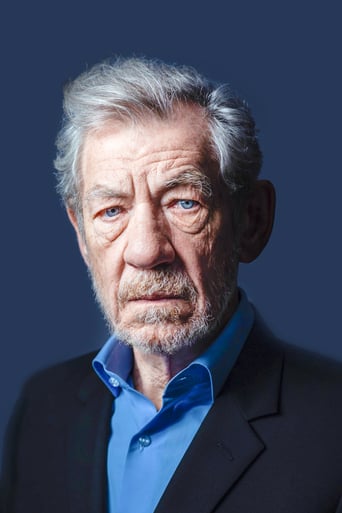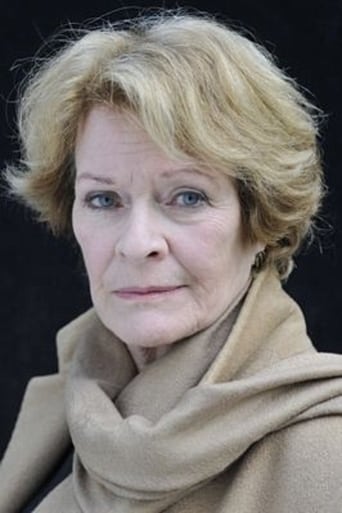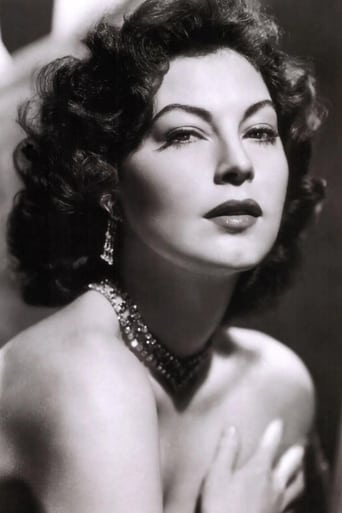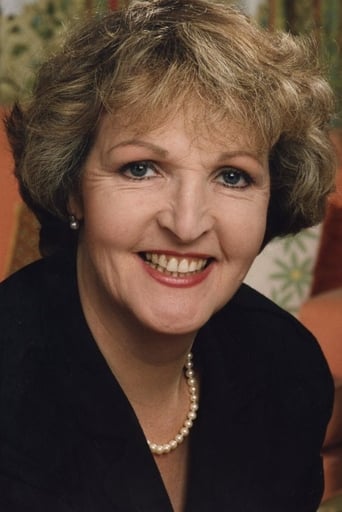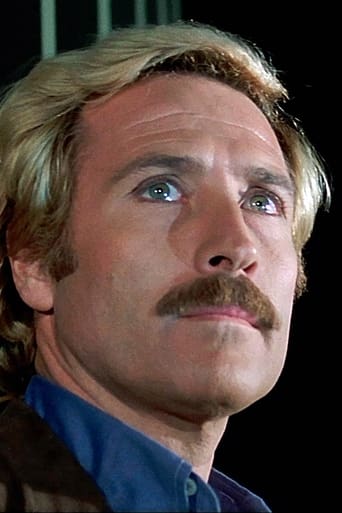Glucedee
It's hard to see any effort in the film. There's no comedy to speak of, no real drama and, worst of all.
bandw
This concentrates on the last few years of D.H. Lawrence's life and, in particular, on his relationship with his wife Frieda. Lawrence's book "The Rainbow" was banned in 1915 for obscenity. That and the fact that Frieda was a German aristocrat exacerbated the scrutiny the Lawrences experienced in WWI Britain, ultimately having them being accused of spying for the Germans. After suffering the harassment in England the Lawrences left the country to began a self-imposed exile that took them to about a dozen countries. The movie collapses their peripatetic lifestyle to sojourns in the United States, Mexico, Italy, England, and France. After leaving England the movie has the Lawrences landing in Taos, New Mexico where they were closely associated with the wealthy patron of the arts Mabel Dodge Luhan and the artist Dorothy Brett. In exchange for the original text of "Sons and Lovers" Dodge gave them a 160 acre ranch outside of Taos--a ranch that is now known as the Lawrence Ranch. The British artist Dorothy Brett lived on the ranch with the Lawrences, in a separate dwelling. Here is where the weakness of the movie started to become apparent to me and that is the lack of motivation for behavior. What was the basis of the Lawrence's relationship with Brett that resulted in their being close enough to come to the United States together and live on the same ranch.The motivations for the various moves from country to country are not well established and the transitions are confusingly abrupt. Maybe what prompted the moves were no more than whims, but without any notice the Lawrences were all of the sudden in some place in Mexico, or some place in Italy, or some other place in Italy, on in Capri, or France. The same goes for the people in their lives. How did they ever get to know Mabel Dodge, or any of the other famous people that drifted in and out of their lives? There was no identification of these people beyond sometimes being given their names. For example, while in England we see the Lawrences socializing with John Middleton Murry and his paramour Katherine Mansfield, the latter not even being identified. People would suddenly appear, taking me some time to figure out who they were, like Lawrence's sister Ada. There were scenes that had Aldous Huxley visiting the Lawrences in Italy with the primary interaction between Huxley and Lawrence being over Huxley's painting an external wall lamp. Surely some relevant dialog could have been inserted there.Ian McKellen gives a good performance as Lawrence, but even at that we get only a hint of an understanding of this complex man--I think I came away with a better understanding of Frieda than of her husband. We get only a hint of Lawrence's homosexual tendencies from an early scene that has him frolicking naked on the beach with a young friend. Dorothy Brett is portrayed as being a grinning simpleton. For her to have been a close friend to the Lawrences, surely there was more to the woman than what we see here.Of course time is devoted to the writing and publication of "Lady Chatterley's Lover." The music accompanying these scenes is so irritatingly over the top, I suppose to emphasize the significance, that it would be more suitable for Henry's victory at Agincourt.Some time is spent on Lawrence's efforts at painting in his last years, with the paintings in his exhibition in London being seized and the show closed down. Some of these painting can now be seen at the La Fonda hotel in Taos. If you ever have a chance to see them, you will be convinced that it was best for Lawrence to devote his talents to writing. To call them erotic paintings, at least at this late date, is more than an overstatement.I suppose this movie broke some ground as being a major commercial movie that had full frontal male nudity and, as McKellen notes with pleasure in his interview on the extras, it is the first commercial movie to portray an erect penis, albeit as a shadow on a wall.I saw this in its original release in 1981 and have looked forward to seeing it again on DVD. The "director's cut" now on DVD has been edited from the original 125 minutes to 99 minutes. My memory is not good enough to remember exactly what was cut (I do remember a scene involving Lawrence's ashes that is no longer there), but what remains on the DVD I think is more disjointed and confusing than what was in the original. The cutting is puzzling, getting at an understanding of this complicated man demands a longer movie rather than shorter.Perhaps the most positive result of seeing this movie would be to encourage you to read Lawrence's writings.
green4tom
I remember this movie very well from 23 years ago. It came out at the same time as did REDS, which is coming out in DVD soon. Why not Priest of Love? The film details D.H. Lawrence's stand against World War I, his stormy relationship with his wife Frieda, his conflict with the authorities, his bisexual leanings. Ian McKellan is excellent, as is his co-star, Janet Suzman, as Frieda. In many ways, D.H. Lawrence was a powerful forerunner of that great prodigal student of Freud, Wilhelm Reich, with his writings on human sexuality and its fundamental importance to our psychology. This is truly a great movie, well photographed, from what I remember, dealing with still controversial, relevant topics for today.


